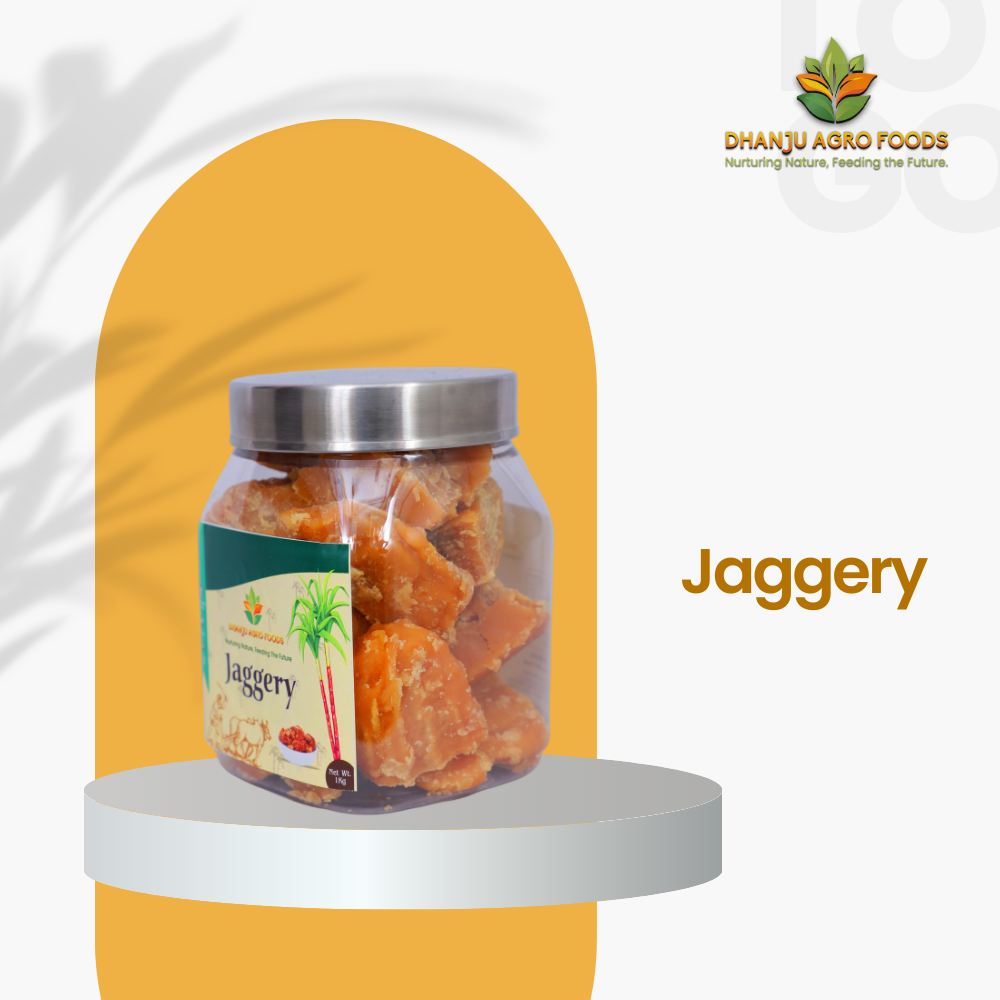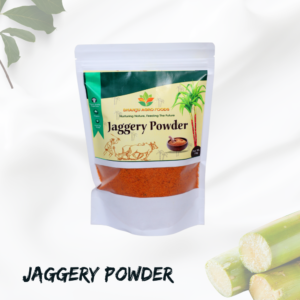Jaggery is a traditional, unrefined sugar commonly made from sugarcane or date palm sap. Unlike refined sugar, it retains more nutrients as it undergoes minimal processing without chemicals. Its color can vary from golden yellow to dark brown, depending on its source and preparation.
Nutritional Composition
Jaggery contains:
- Carbohydrates: A primary energy source.
- Iron: Beneficial for anemia prevention.
- Minerals: Such as potassium, calcium, magnesium, and phosphorus.
- Antioxidants: Derived from phenolic compounds.
Health Benefits of Jaggery
- Detoxifies the Body
Jaggery helps cleanse the liver by flushing out toxins and promotes better digestion. - Rich in Minerals
It is a good source of iron, helping prevent anemia, especially in women and children. - Boosts Immunity
With its high antioxidant content and trace minerals like selenium and zinc, jaggery strengthens the immune system. - Improves Digestion
Jaggery stimulates digestive enzymes, reducing acidity and easing bowel movements. - Supports Respiratory Health
It is often used in traditional remedies for colds, coughs, and respiratory issues due to its soothing properties. - Regulates Blood Pressure
Potassium and sodium in jaggery help maintain electrolyte balance, thereby controlling blood pressure levels. - Energy Booster
Unlike refined sugar, jaggery releases energy slowly, preventing a sudden spike in blood sugar. - Menstrual Relief
Regular consumption of jaggery may help reduce menstrual cramps due to its magnesium and anti-inflammatory properties. - Improves Skin Health
Its antioxidants and nutrients promote a glowing complexion and help prevent acne.
Uses in Daily Life
- Culinary: Added to desserts, beverages, and traditional dishes.
- Medicinal: Used in herbal remedies for colds, coughs, and digestive issues.
- Cultural: Integral to rituals and festive recipes in many countries.






porashsharma4 –
Superb Quality…I like it